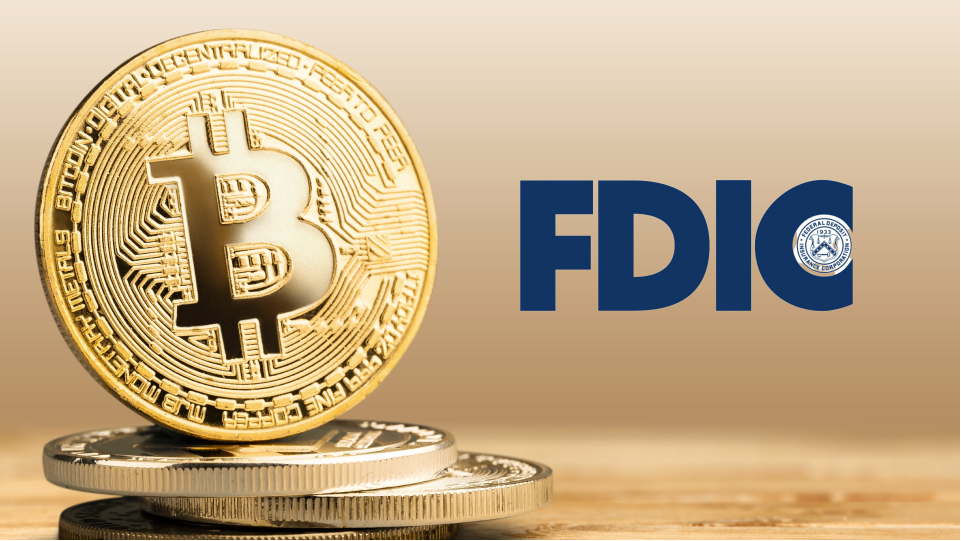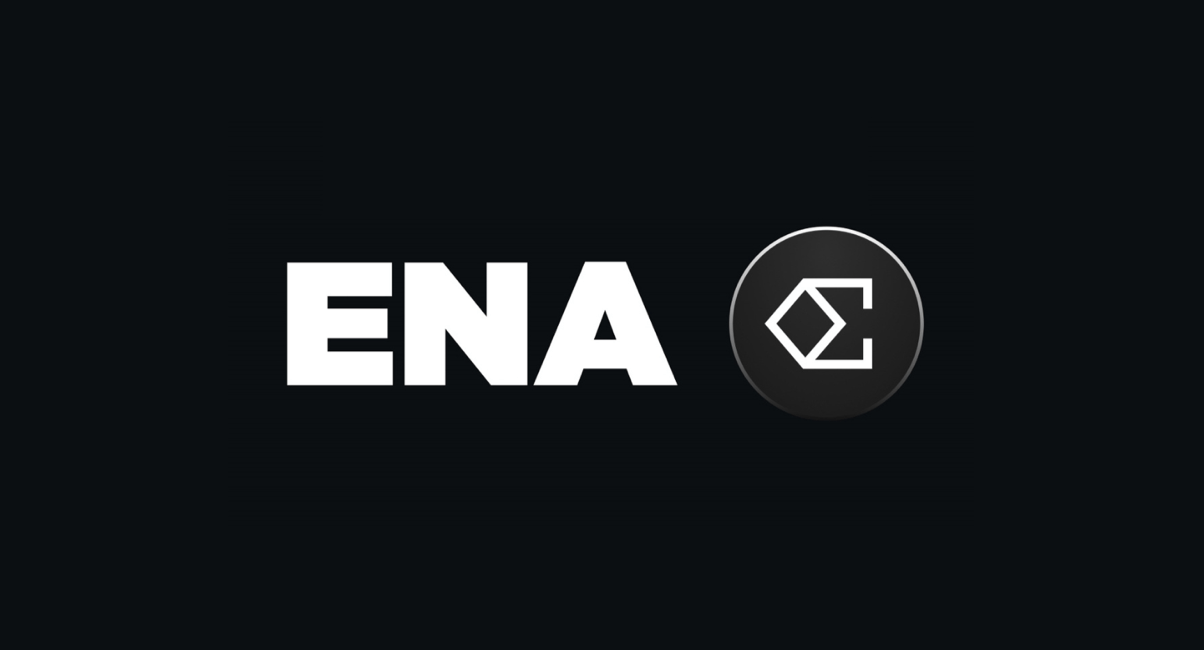Table of Contents
The Federal Deposit Insurance Corporation has included crypto in its annual risk review for the first time, stating that crypto presents key risks and that it needs closer supervision.
FDIC seeks more control over crypto companies
The crypto industry may not be entirely happy with being closely supervised by the likes of the FDIC given that it came about as an alternative to a slow-moving banking system that does not provide a helpful service to clients.
Be that as it may, the FDIC has the reins of power and will do what it will do in order to try and bring crypto under the control of regulators that are regulating on behalf of the incumbent system.
Banks are already working with crypto institutions, and others are contemplating such a move. Therefore, in collaboration with its fellow federal banking entities the FDIC has stated in its report that it is ready to delve further into how banks are getting involved in crypto, and with this knowledge provide full supervisory guidance.
Perceived risks to banks
In its report the FDIC talks of the “dynamic nature of crypto-assets”, and their “rapid pace of innovation”. The main risks for the banking sector, as perceived by the FDIC is the possibility of “contagion” which could spread over into banks with exposure to the sector, and also the “run risk” for banks that hold stablecoin reserves.
The report went on to specify that all FDIC supervised banks must notify the agency of any crypto related activities that they have or that they are planning to engage in. Examples were then given of firms that had made misleading claims as to the eligibility of FDIC insurance for certain crypto-assets. The report ended with what the authors saw as “heightened liquidity risks” due to what they saw as the “unpredictability” of deposit inflows and outflows.
Opinion
The FDIC is an organisation staffed by those from the existing financial system, and therefore it is biassed towards the protection of the banks within that system.
There is no conversation as to how more failing banks might impact any crypto companies that are dealing with them, or how obliging crypto companies, or the banks that seek to deal with them, to jump through ever more complex regulatory hoops, might end up squashing the dynamism and innovation of crypto.
The FDIC is there to insure the funds of bank customers should their bank fail. However, without the money to guarantee the savings of the clients of more than one or two big banks should they fail - it might be asked: what is the point of this organisation anyway?
Disclaimer: This article is provided for informational purposes only. It is not offered or intended to be used as legal, tax, investment, financial, or other advice.
Investment Disclaimer










